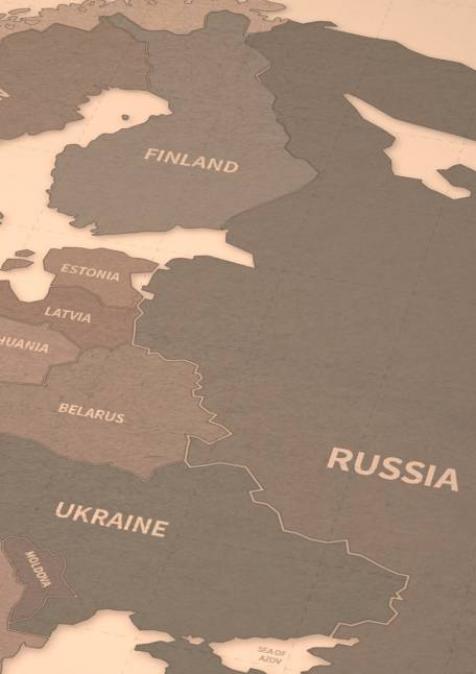Podcasts
Reviving Multilateral Security Dialogue in the MENA: Finding the Hard, but Possible, Compromise
Related topics:
This podcast is performere by Mr. Eamiliano Alessandri. While possible, prospects for repairing existing fractures through multilateral dialogue and compromise have become elusive as crises in the region persist. There are quite a few unfavorable conditions hindering the emergence of some form of multilateral security process: areas of hot conflict have widened in recent years making violence almost endemic in the region, in countries like Syria, Iraq, Yemen and Libya; the Middle East peace process is in a stalemate and already thin trust between the Israeli and Palestinian leaderships is all but gone as both have become more contested among respective constituencies and less respected abroad; in some countries, the social contract seems to be breaking after a failed Arab Spring, challenging government authority even in places like Tunisia where a fragile democratic transition audaciously continues despite growing socio-economic discontent and a deteriorating security situation; some other MENA states have become weaker as a result of chronic violence and dysfunctional governance; while non-Arab states, from Turkey to Iran, have seen an opportunity to expand their clout in a Middle East in flux, even if themselves under great pressure, extra-regional actors have never appeared more divided about the course to follow, or more distracted by other priorities.





